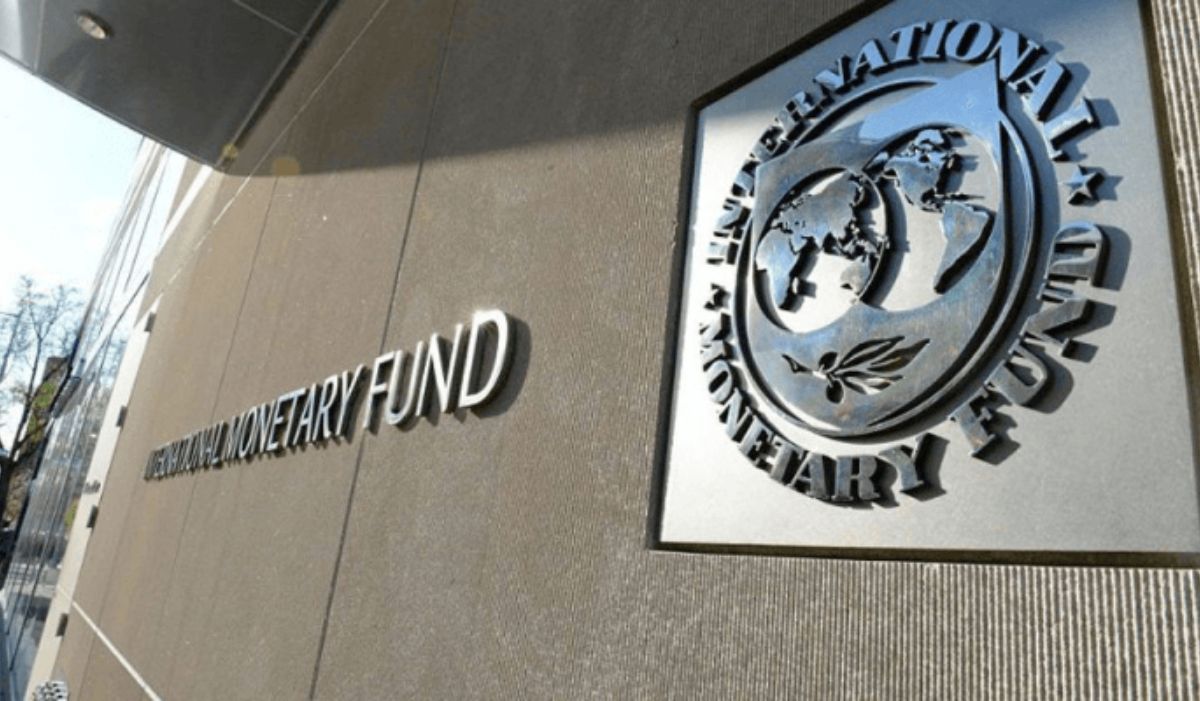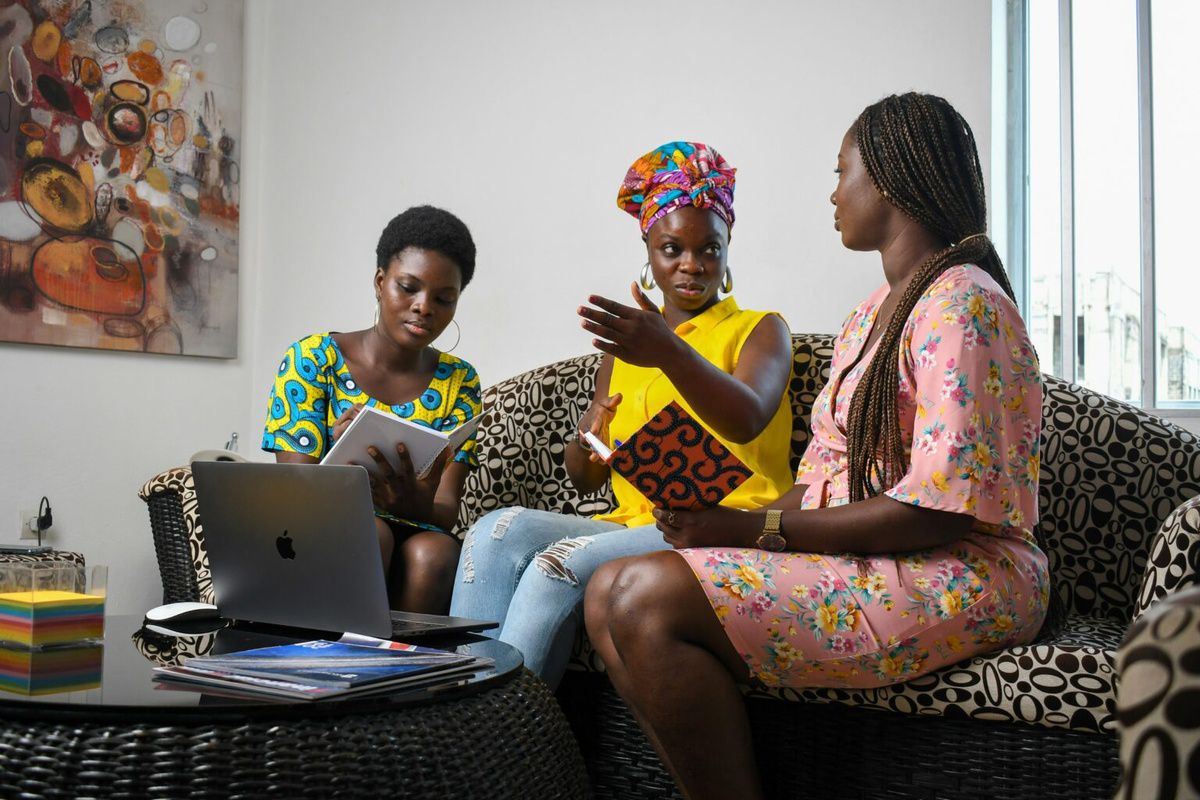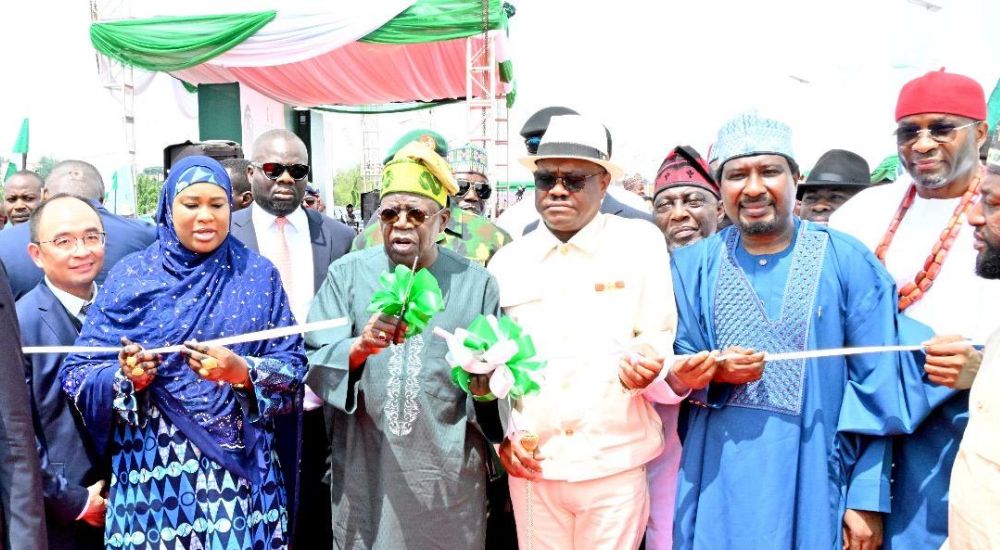IMF, African Leaders Sound Alarm on Fragile Recovery Amid Mounting Economic Threats

Top officials from the International Monetary Fund (IMF) and African economic leaders have expressed concern over the continent’s fragile recovery from recent global disruptions, cautioning that emerging challenges could undermine progress in curbing inflation, stabilizing public debt, and restoring external financial equilibrium.
The warning followed a high-level session of the African Consultative Group, held during the ongoing IMF and World Bank Spring Meetings in Washington, D.C.
In a joint communiqué, Hervé Ndoba, Finance and Budget Minister of the Central African Republic, and Kristalina Georgieva, IMF Managing Director and Chair of the African Caucus, emphasised the urgent need for renewed reform momentum and stronger international cooperation to sustain Africa’s economic recovery.
“Growth on the continent has been revised down by 0.3 percentage points to 3.9% for 2025,” the statement said.
“The strong policy actions that have been taken to bring down inflation, stabilise public debt, and reduce external imbalances risk being undone in the face of further shocks.”
Despite facing a series of crises—including tighter global financial conditions, fluctuating commodity prices, and ongoing regional conflicts—African economies have demonstrated a degree of resilience. However, officials cautioned that the path to sustained growth remains uncertain, especially for countries affected by fragility and conflict, where challenges are particularly severe.
During the meeting, the Group reiterated its commitment to maintaining macroeconomic and financial stability while advancing inclusive development objectives. Finance ministers and central bank governors emphasised the need for structural reforms aimed at improving fiscal health, with a focus on increasing domestic revenue and enhancing the efficiency of public spending.
“Ambitious structural reforms will unlock growth and drive job creation,” the statement added, pointing to the African Continental Free Trade Agreement (AfCFTA) as a key pillar for deepening regional integration and attracting investment.
Officials underscored the pressing need for accessible and affordable external financing to help advance reform agendas across the continent. They noted that many African countries continue to struggle with limited access to international capital markets—a challenge that heightens their vulnerability to debt distress.
Kristalina Georgieva reaffirmed the IMF’s strong support for Africa, noting a recent structural change at the Fund—the creation of a 25th seat on its Executive Board—aimed at amplifying the voice and influence of Sub-Saharan Africa in global financial decision-making.
She also highlighted the IMF’s ongoing efforts to refine its policy tools, including revisions to the Debt Sustainability Framework for low-income countries and the structure of its lending programs, to better align with countries’ dual goals of economic stability and poverty alleviation.
Acknowledging the shifting landscape marked by digital innovation, geopolitical tensions, and climate-related risks, Georgieva emphasised the Fund’s commitment to staying flexible and responsive in its guidance and technical support.
The joint statement also highlighted continued collaboration with international debt relief efforts, including the G20 Common Framework and the Global Sovereign Debt Roundtable, which are viewed as crucial mechanisms for ensuring fair and predictable debt restructuring processes.
“In an increasingly complex global economic landscape, the Fund stands by its African members—as a trusted advisor and a convening force for cooperative solutions,” it noted.




